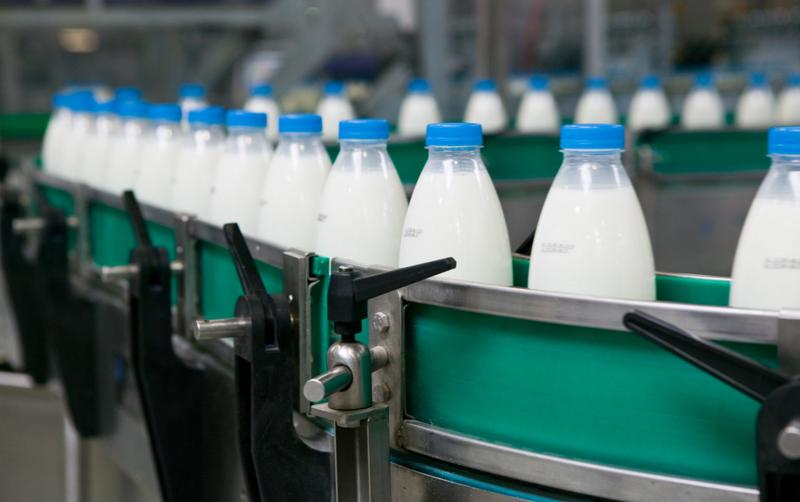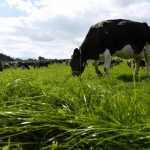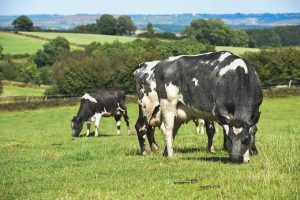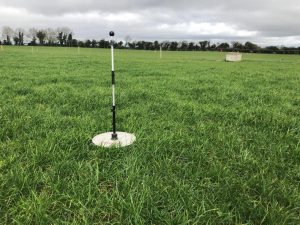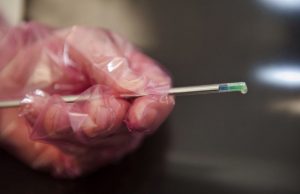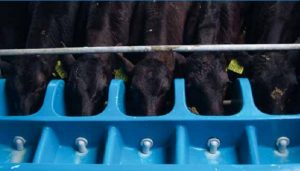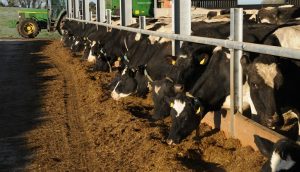
The radical strategy is part of a raft of measures that the dairy sector has drawn up to counter the impact of the global pandemic.
There are growing fears in the dairy sector that milk processing could be brought to a standstill if crucial staff is lost to the virus during peak milk supplies next month.
Close to 75pc of the spring-calving dairy herd are calved at this stage, with ICBF data showing that almost one million dairy calves were registered by last Friday.
With peak milk supplies just six weeks away, the dairy sector is cognisant that it cannot afford any reduction in the country’s processing capacity through April and May.
“The processing system is as tight as a drum. The sector can’t afford one of the key plants to go offline – we don’t have spare capacity at peak,” one senior industry source told the Farming Independent.
The contingency plans being compiled by dairy processors are a reflection of a century of co-operation in the sector, said Conor Mulvihill of Dairy Industry Ireland (DII).
Mr Mulvihill pointed out that while there is enough stainless steel to process peak milk supplies, the immediate concern for dairies is that vital staff will succumb to Covid 19.
Dairy businesses have already been active in putting preventative measures in place to tackle the possible spread of Covid 19.
Most dairies have moved all non-operational staff off key processing sites, and set up independent teams to operate these facilities.
Mr Mulvihill said the industry as a whole was now putting in place strategies to cope with a potential “doomsday scenario” where a number of essential staff fall victim to the virus.
“Companies sharing teams of key operational staff is among the measures we’ve agreed to counter such an eventuality,” he explained.
Mr Mulvihill welcomed the relaxation of the driver hour rules for trucks, and said they were looking for the same for the working time directive which will now critical staff to do extended shifts should the need arise.
He said the possible reopening of private storage aid (PSA) by the Commission was also critical for the industry.
Mr Mulvihill explained that it would give processors the option of holding dairy commodities such as powders, rather than offloading further product onto a weakening market.
Although the request has been made to the Commission, a final decision on this matter is not imminent.
